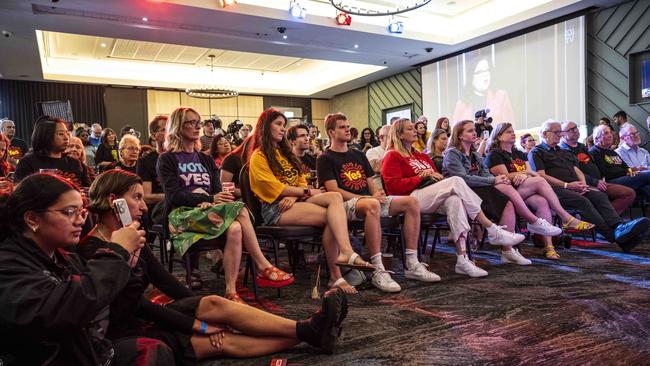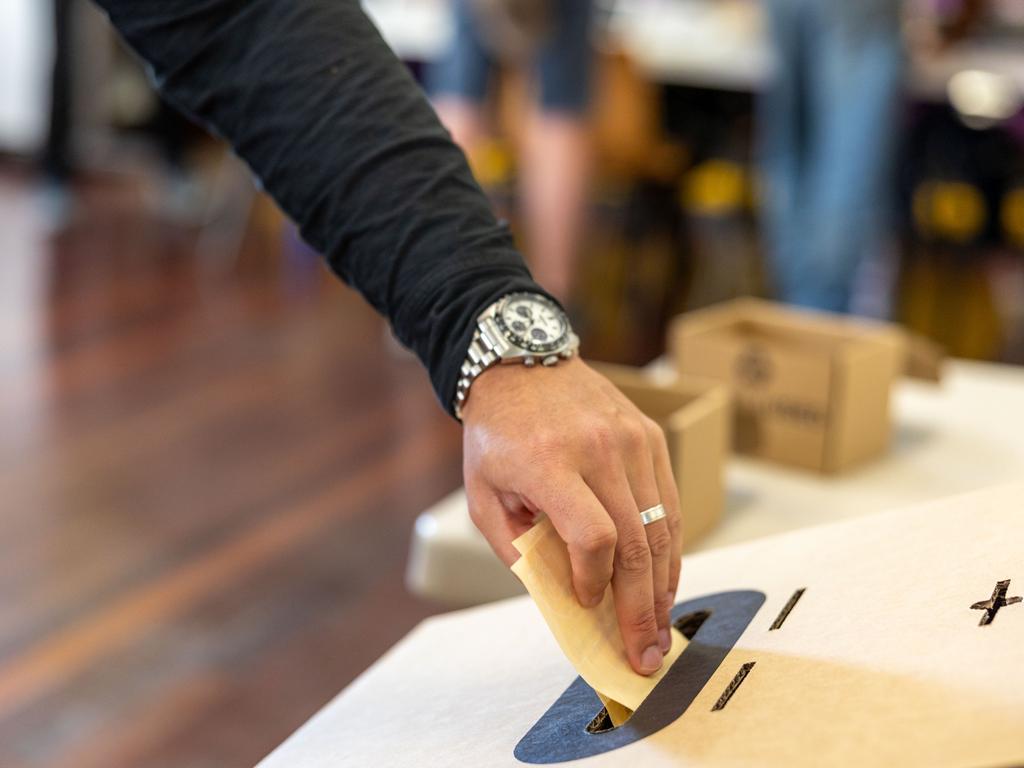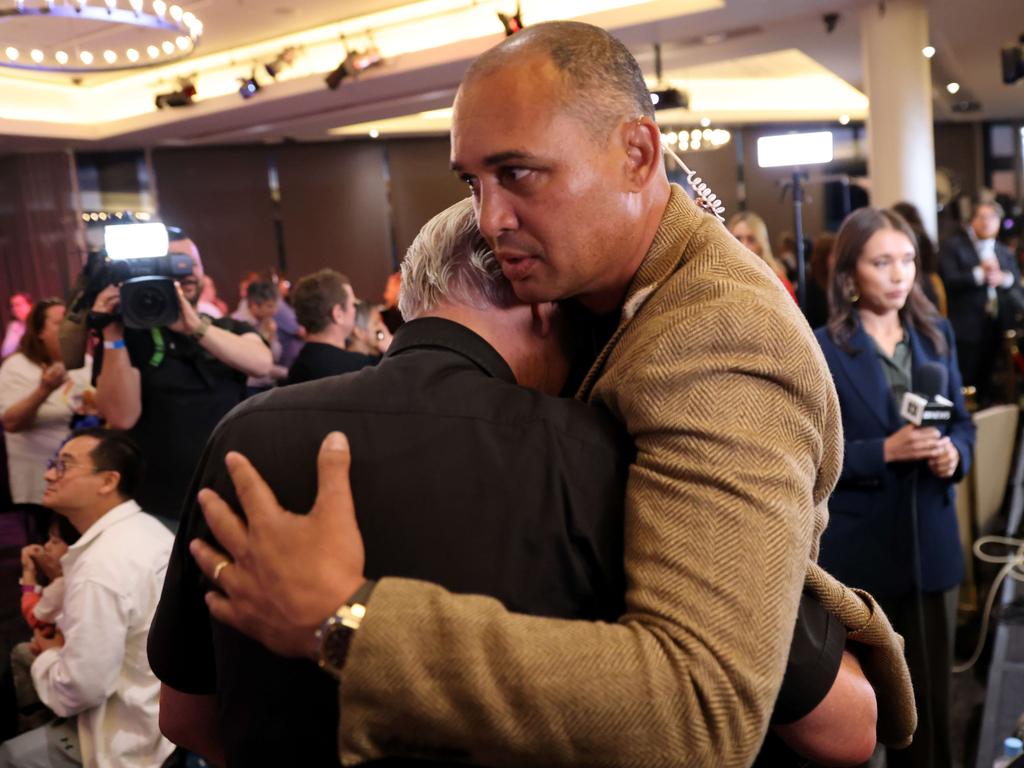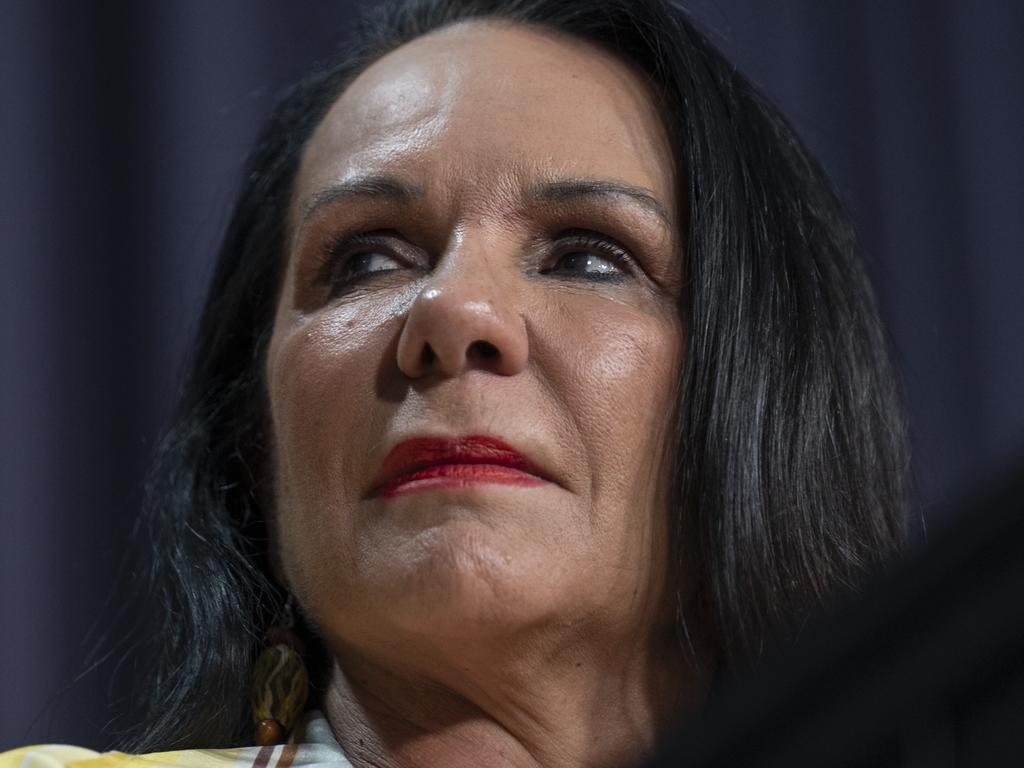Voice referendum result reveals Australia’s city-country divide
The voice has divisions reflecting a major gulf in attitudes between those living in the heart of the nation’s capital cities and those in the rest of the country.
The voice referendum has exposed the chasm between the nation’s inner-city electorates and the outer suburbs and regions, with the key metropolitan seats in capital cities defying the national trend by voting to embrace change.
Despite the decisive national defeat of the voice, the proposition has exposed geographic divisions reflecting a major gulf in attitudes between those living in the heart of the nation’s capital cities and those in the rest of the country.
The divide also reflects key differences in opinion between those living in more wealthy areas who were more likely to vote Yes, and opponents of change in the outer suburbs where cost of living pressures were more keenly felt.
The Northern Territory — where Indigenous Australians represent about 30.8 per cent of the population according to the 2021 census — was on Saturday night returning a strong vote against the voice to parliament, with about 65 per cent of people voting No.
In the Labor seat of Lingiari, more than 60 per cent of people were voting No while, in the Labor held seat of Solomon, which is home to Darwin, about 64 per cent of people were voting No.
In Victoria – the state with the highest Yes vote – the Greens-held seat of Melbourne was recording a Yes vote of close to 80 per cent, while the nearby Labor seats of Cooper and Macnamara were recording results of about 70 per cent.
The Labor held seat of Wills was recording a Yes vote of nearly 70 per cent, while the seat of Higgins – which was won from the Liberals at the last election – was also returning a Yes result of more than 60 per cent.
Bill Shorten’s seat of Maribyrnong was returning a Yes vote of nearly 60 per cent, as were the Labor seats of Fraser and Gellibrand.
Similarly, the “teal” seat of Kooyong – held by independent MP Monique Ryan after she defeated Josh Frydenberg at the 2022 election – was returning a yes vote of more than 60 per cent, as was the seat of Goldstein held by teal independent Zoe Daniel.
But the further from the centre of Melbourne, the weaker the results for the Yes case with Richard Marles’ Geelong based-seat of Corio returning a No result of 52 per cent. The neighbouring seat of Corangamite held by Labor MP Libby Coker was also returning a No result of 53 per cent.
To the south-east of Melbourne, the Labor held seat of Bruce held by Julian Hill was returning a No result of about 56 per cent while Holt was returning a No vote of 52 per cent.
But the regional Victorian seats were all comfortable No votes, flipping the result in the inner-city electorates. The Liberal held seat of Wannon was returning a No vote of nearly 65 per cent, while the Nationals held seat of Mallee was returning a No vote of nearly 80 per cent.
In the east of the state, Gippsland was returning a No vote of more than 70 per cent.
The seat of Indi, held by independent MP Helen Haines, was returning a No vote of about 66 per cent.
In Sydney, the trend was replicated with inner-city electorates and wealthy northern suburbs seats all returning strong Yes votes – including the seats held by the teal independents with Warringah, Wentworth and North Sydney all returning Yes results of more than 60 per cent. The teal held seat of Mackellar in the northern suburbs was returning a Yes vote of about 52 per cent.

Anthony Albanese’s seat of Grayndler was returning a result of more than 75 per cent while former Labor deputy leader Tanya Plibersek’s seat of Sydney was returning a Yes vote of more than 70 per cent.
The Liberal held seat of Bradfield to the North of Sydney was returning a Yes vote of about 52 per cent, but the contest tightened in the west. The inner-west Labor electorates of Reid and Bennelong were returning close No votes of about 51 per cent on Saturday night.
But the safe Labor seats in Western Sydney with strong multicultural communities voted heavily in favour of No - as they did in the same sex marriage plebiscite.
Chris Bowen’s seat of McMahon was returning a No vote of more than 60 per cent, while Jason Clare’s seat of Blaxland was returning a No vote of about 62 per cent and Tony Burke’s seat of Watson was returning a No vote of nearly 60 per cent.
In the seat of Newcastle, the Yes vote succeeded with the city returning a Yes vote of about 54 per cent. But in the neighbouring seats it was the No vote that was dominating, with the Labor electorates of Hunter and Paterson returning No votes of about 70 per cent. The Labor seat of Shortland was also returning a No vote of about 61 per cent.
The pattern was again replicated in Queensland, although the state delivered a stronger overall result for No than either Victoria and NSW. The Greens held seat of Brisbane was returning a Yes vote of about 60 per cent, while the two other Greens’ seats of Ryan and Griffith returned Yes results of close to 55 per cent.
In the seat of Lilley, held by Labor’s Anika Wells, the Yes vote was in front with a result of about 52 per cent on Saturday night while, in the seat of Moreton held by Labor’s Graham Perrett, the Yes result was close to 54 per cent.
However, Treasurer Jim Chalmers’ seat of Rankin to the south of Brisbane was returning a strong No vote of about 63 per cent while in the seat of Oxley, held by Labor speaker Milton Dick, the No vote was running at about 55 per cent.
However, the Gold Coast seats in Queensland voted heavily for No, with the seat of Moncrieff held by the LNP’s Angie Bell returning a result of about 67 per cent for No, and the seat of Fadden, held by the LNP’s Cameron Caldwell, returning a No result of more than 70 per cent.
Peter Dutton’s seat of Dickson to the north-west was returning a No vote of about 63 per cent.








To join the conversation, please log in. Don't have an account? Register
Join the conversation, you are commenting as Logout